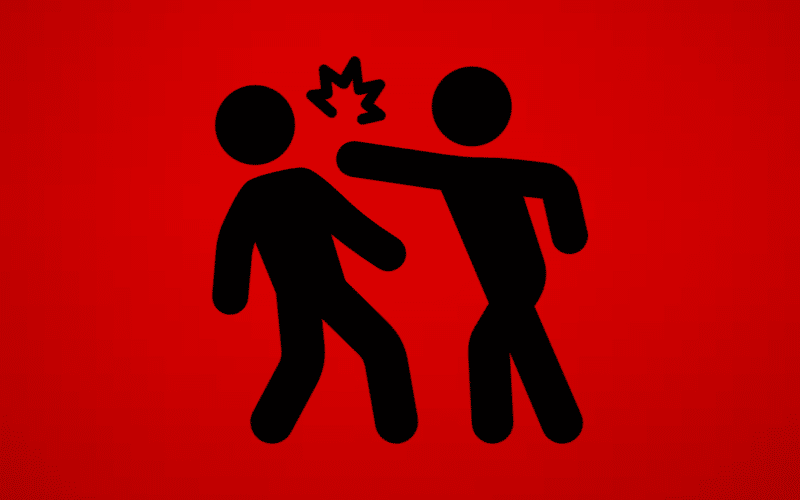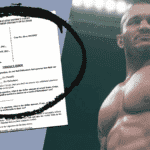In a new motion to dismiss, a law firm’s former client and at-will associate argue copyright preemption and remind us that they aren’t firm property.
Updated below with the Court’s ruling on the defendant’s motion to dismiss.
Two months ago, I wrote about a San Diego law firm that sued an associate for having the temerity to go to work in-house for one of the firm’s tech clients. Instead of sending a congratulatory basket of Mrs. Beasley’s or whatever mall food Billie Eilish is stealing in her new video, the law firm also sued the client, along with a number of its executives.
Law Firm vs. Former Client and Associate, Round 2
On Wednesday, the defendants fired back, filing a motion to dismiss (read here) all twenty counts of the federal court complaint filed against them by plaintiff Slate Law Group. In the filing, former associate Derek Dahlin and (now former) client ClickUp didn’t mince words:
Clients are not the “property” of the law firms they hire, and at-will associate attorneys are not the “property” of the law firms that hire them. And contrary to the Complaint’s conclusory allegations, the general practice of law is not a “trade secret.”
Defendants’ Motion to Dismiss, Whiteslate LLP, v. Dahlin et. al
As a refresher, Slate’s complaint alleged that Slate offered Dahlin a job as its in-house counsel after he worked on the company’s matters for two months while employed by Slate. Dahlin approached Slate’s managing partner Kelly DuFord (who’s also serving as the firm’s counsel in the lawsuit) to let her know about the job offer. DuFord told Dahlin that he “was not permitted” to take the job at ClickUp and that she would sue him if he did.
Slate and DuFord made good on their promise to sue, filing a complaint that alleges pretty much every business tort you can imagine, with the possible exception of “trespass to chattels.” (That’s one that law firms back in the 1800’s used to include when they sued their associates and clients.)
In Wednesday’s filing, the defendants proceed methodically through the complaint, explaining what they believe are the legal deficiencies with each of the claims. This includes vague and unsupported allegations that the firm’s document templates were “trade secrets” to unenforceable and unlawful restraints on Dahlin’s right to practice law. The defendants also note that they’re expressly reserving all rights and remedies against Slate for making what they deem “frivolous allegations.”
Copyright Things
I found Slate’s copyright infringement claims surprising, particularly because the firm appears to advertise intellectual property law as one of its specialties. The defendants’ motion to dismiss correctly points out what are at least three major legal flaws with the claims, which it calls “miserably inadequate.”
First, Slate’s complaint alleges the infringement of its “common law copyrights” based on the defendants’ alleged “reproduc[tion], distribut[ion], and/or publishing” of Slate’s alleged “copyrighted contracts and other work-product[.]” As I noted in my earlier post, this type of written work product falls squarely within the scope of federal copyright law, which preempts any state law claim that might otherwise seek to protect the same rights.
The second problem for Slate is that it hasn’t alleged that any of its alleged copyrights have been registered with the Copyright Office. While registration isn’t a prerequisite for copyright protection, it is a prerequisite to filing an infringement suit.
Finally, Slate’s complaint doesn’t even begin to identify any of the copyrighted materials the firm claims to own, or how any of the defendants allegedly infringed those works. While federal pleading standards are pretty lenient, plaintiffs do need to include enough detail in their complaints to give defendants adequate notice of what’s actually being alleged against them.
For any or all of these reasons, Slate’s copyright infringement claims aren’t long for this world. And because Copyright Lately is but a mere copyright blog, I could just as well stop here. That said, I would be remiss if I didn’t take a minute to point out the most troubling aspect of this whole legal battle.
Things More Important Here Than Copyright Things
That, of course, would be the suggestion that a law firm’s employees and clients somehow “belong” to the firms that they work with. The fact is that clients are free to come and go, as are associates, and filing a lawsuit against them isn’t going to win you any popularity contests on Glassdoor.
Perhaps to underscore this point, the defendants’ motion to dismiss points out that ClickUp in fact continued as a client of Slate’s even after Dahlin’s departure, and that ClickUp continued to pay Slate monthly fees. In other words, the defendants note, it “was not until after Slate sued ClickUp that ClickUp terminated its client relationship.”
So, here’s my unsolicited advice for law firm partners as we near the end of what’s obviously been a long and stressful year for everyone. First, don’t file lawsuits against your clients, unless you have it on good authority that they’ve tried to poison you. And second, don’t take your employees for granted. They’ve helped keep the lights on this year, even if you’ve been working from home.
As always, let me know what you think in the comments below or via your mall-food gift box of choice.
UPDATE—July 8, 2021. The court has granted the defendants’ motion to dismiss in part, including, perhaps most obviously, the common law copyright infringement claim, finding that it was preempted by the federal Copyright Act. The court also dismissed the trade secrets claim, but gave the law firm leave to amend. The only claim that was not dismissed at all was the contract claim alleging that Dahlin disclosed confidential business and proprietary information belonging to the firm. That claim may proceed to litigation without further amendment. A copy of the opinion is below.
View Fullscreen





